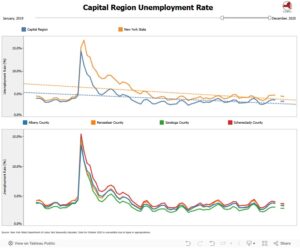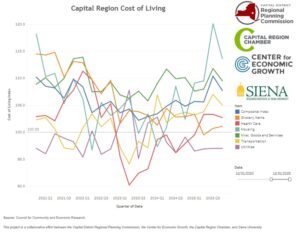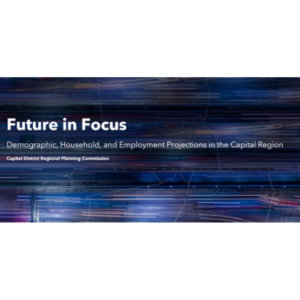Green Infrastructure & Equity Tools and Virtual Events
Check out these two new products that seek to improve the equity of urban green infrastructure planning, policy, and practice: GIequity.org, which features the results of a 20-city analysis, and Governing Green, an experiential toolkit that lets users evaluate the equity implications of their own GI planning choices. New York was one of the cities featured in the 20-city GI analysis.
The Cary Institute of Ecosystem Studies is offering two virtual events to introduce these new resources: a webinar on Jan. 27 ‘Building Equity into US Urban Green Infrastructure Planning’ (led by Drs. Timon McPhearson and Zbigniew Grabowski) and an interactive virtual workshop on Feb. 1 titled ‘Governing Green: A Toolkit for Equitable Green Infrastructure‘ (led by Dr. Amanda Phillips De Lucas). Both events are free and open to all. Registration is required.
More details:
20 City Analysis: GIequity.org
Researchers from Cary Institute of Ecosystem Studies and the New School’s Urban Systems Lab analyzed 122 green infrastructure plans from 20 US cities to reveal how urban planning has contributed to current landscapes of inequality, and what avenues exist to transform planning for equitable infrastructure. Focus cities represented every major biome and included: Atlanta, Austin, Baltimore, Chicago, Denver, Detroit, Louisville, Miami, Milwaukee, New Orleans, New York City, Philadelphia, Phoenix, Portland, Sacramento, San Juan, Seattle, St. Louis, Syracuse, and Washington DC.
Findings from the 20-city study are featured on GIequity.org, a new website identifying current approaches, gaps, and necessary transformations in urban green infrastructure planning. The website includes an in-depth look at each city studied, including green infrastructure history, a snapshot of key findings, maps, a GI equity score, and targeted recommendations for stakeholders, community groups, policymakers and planners, as well as foundations and funders.
Governing Green: A Toolkit
To help stakeholders examine the social processes that shape decision making for environmental projects in cities, Cary Institute developed an experiential toolkit called Governing Green. Drawing from dozens of interviews with city officials, nonprofit representatives, and community leaders from 6 US cities, the toolkit allows users to explore three true-to-life stories of green infrastructure implementation from the standpoint of different stakeholders. Featured projects look at vacant lot restoration, Complete Streets, and green alleyways. Governing Green prepares users to effectively consider how decisions impact the function, equitable outcomes, or desired benefits associated with green infrastructure.
The research team is actively publishing findings from their equity work. A recent open-access paper in Frontiers in Ecology and the Environment put forth a more expansive definition of green infrastructure based on the 20-city analysis, which found that current definitions vary widely and are often narrowly focused on stormwater management. (There is also an associated press release.)
Discover related resources, including publications, essays, a white paper, a Story Map, public talks, and more on Cary Institute’s website, and the GIequity website.


